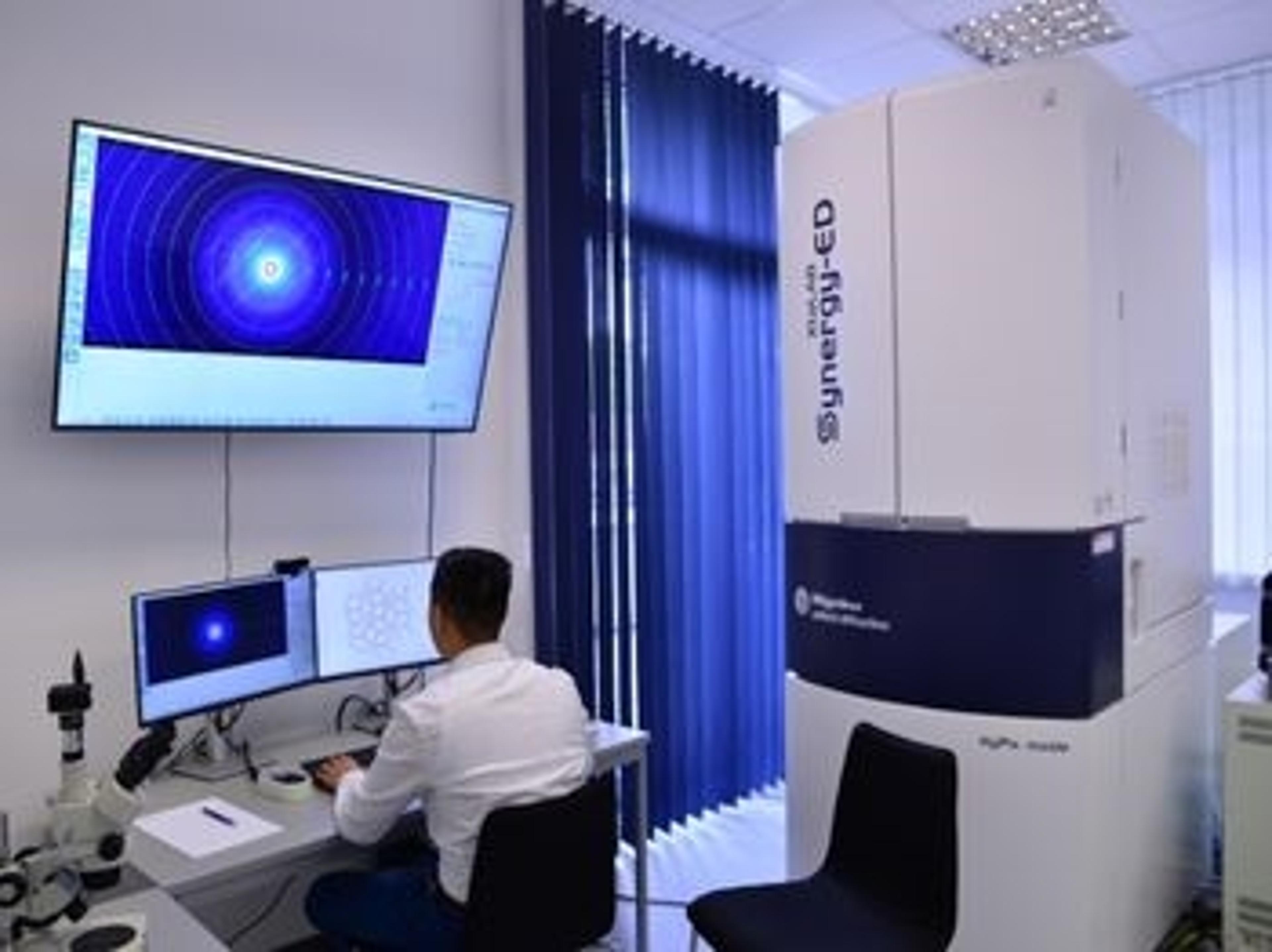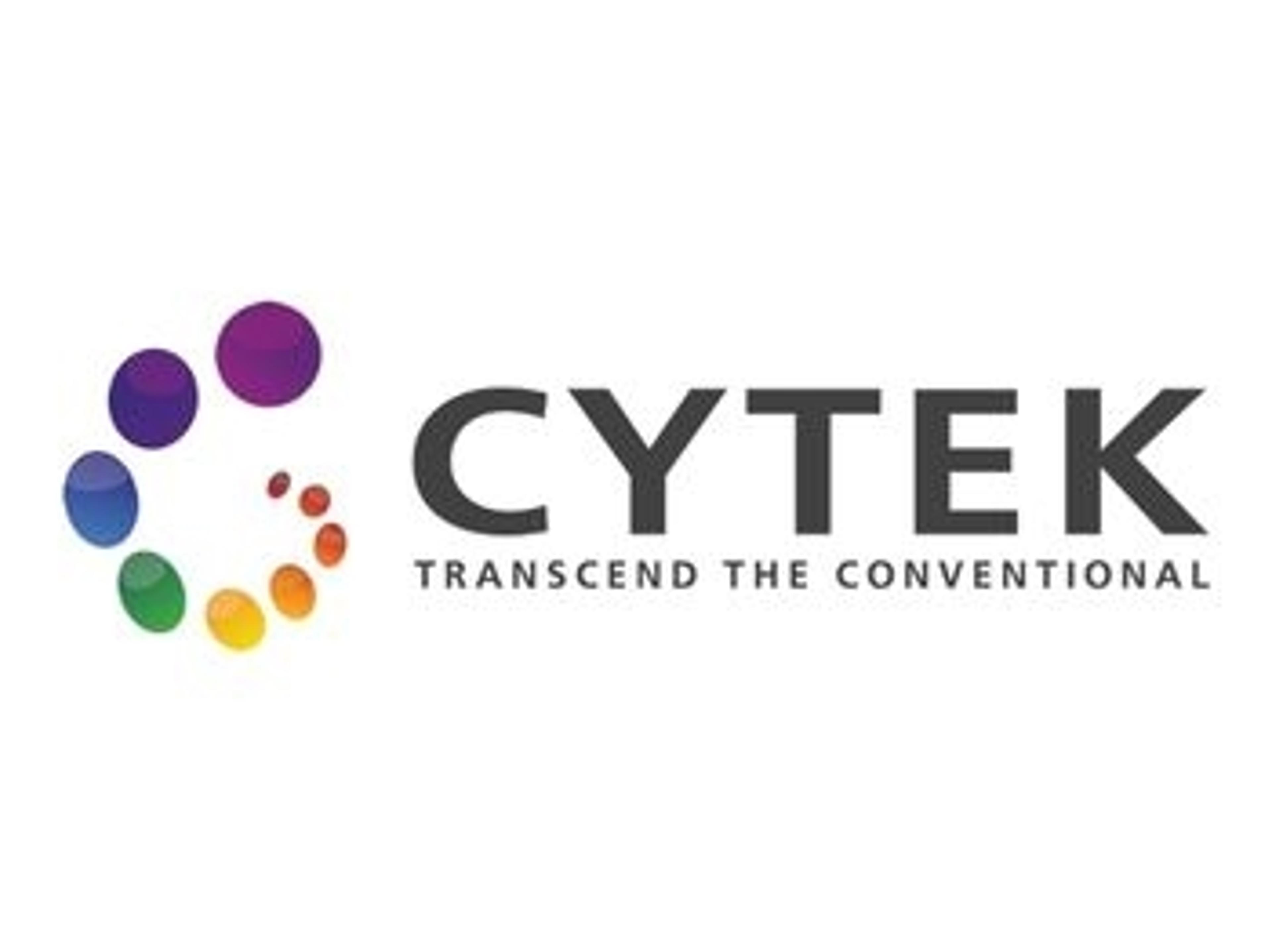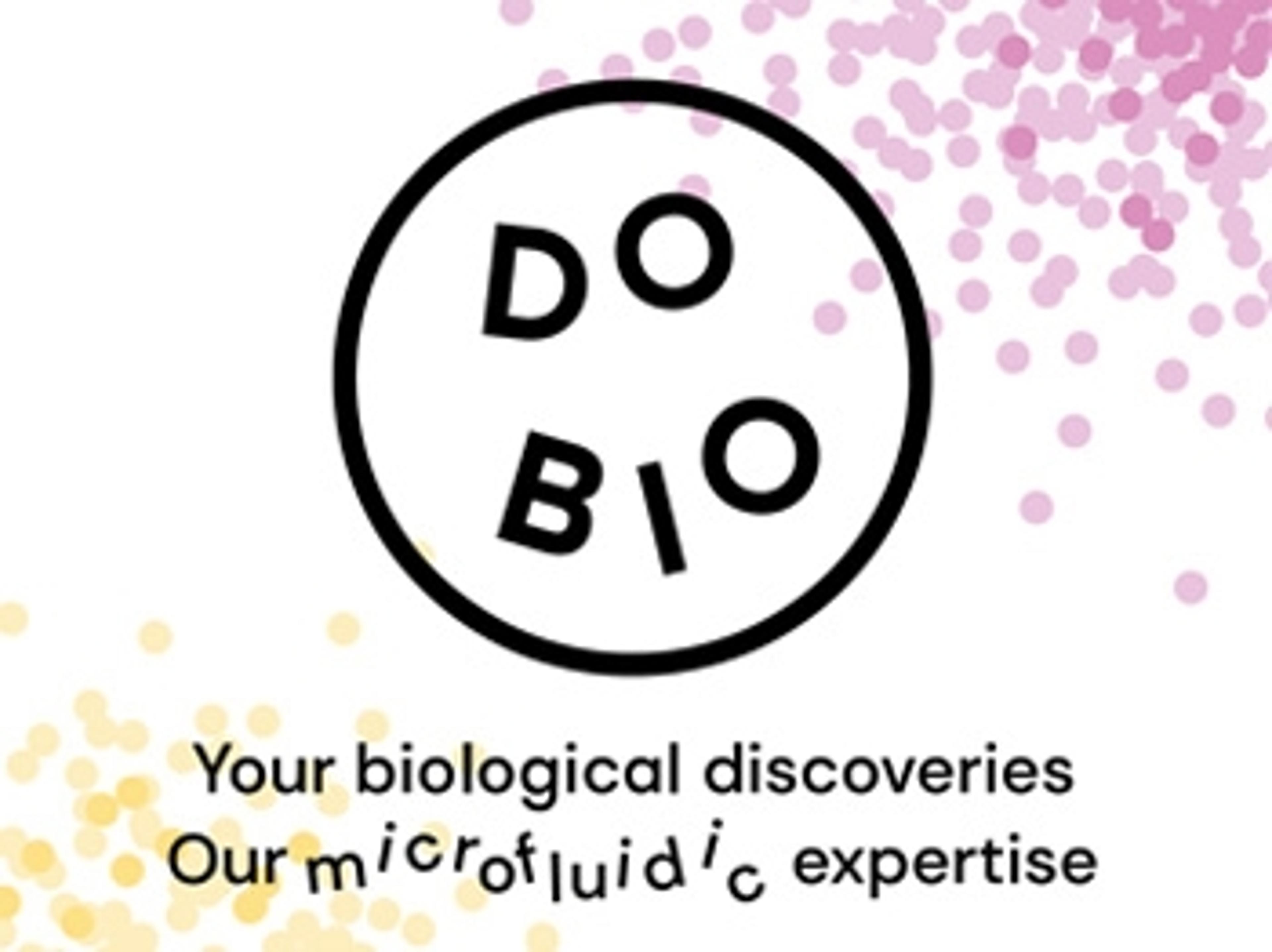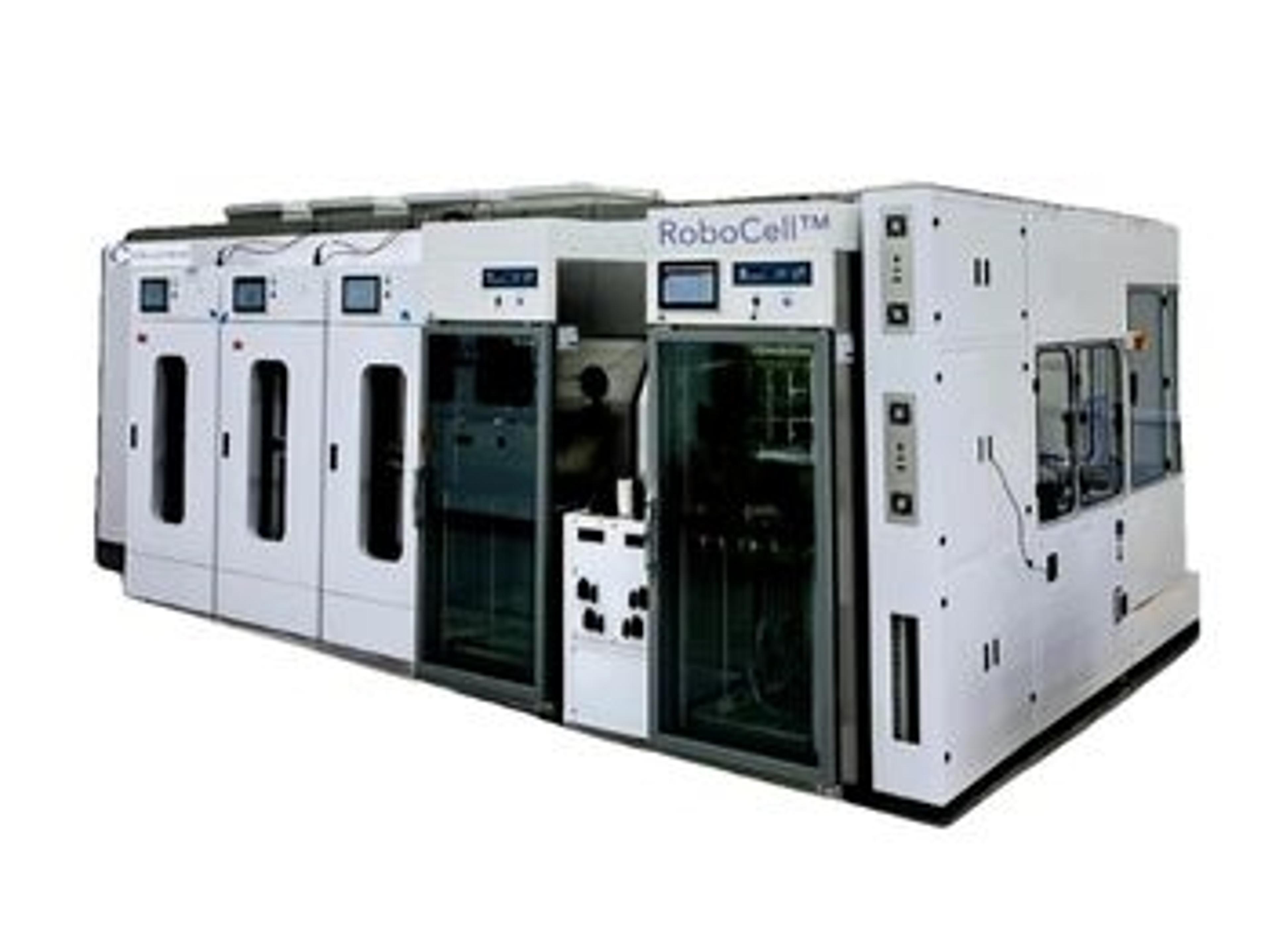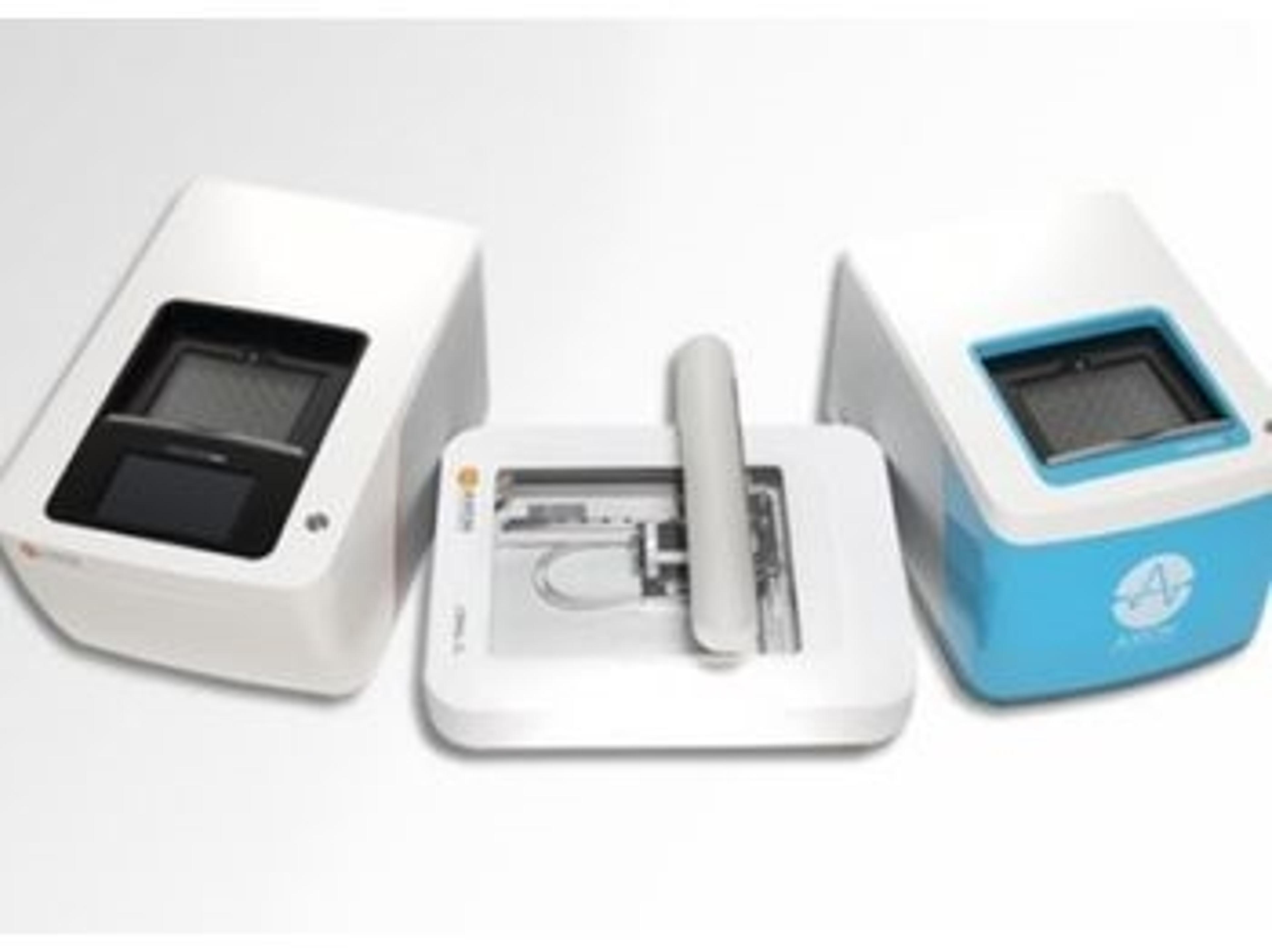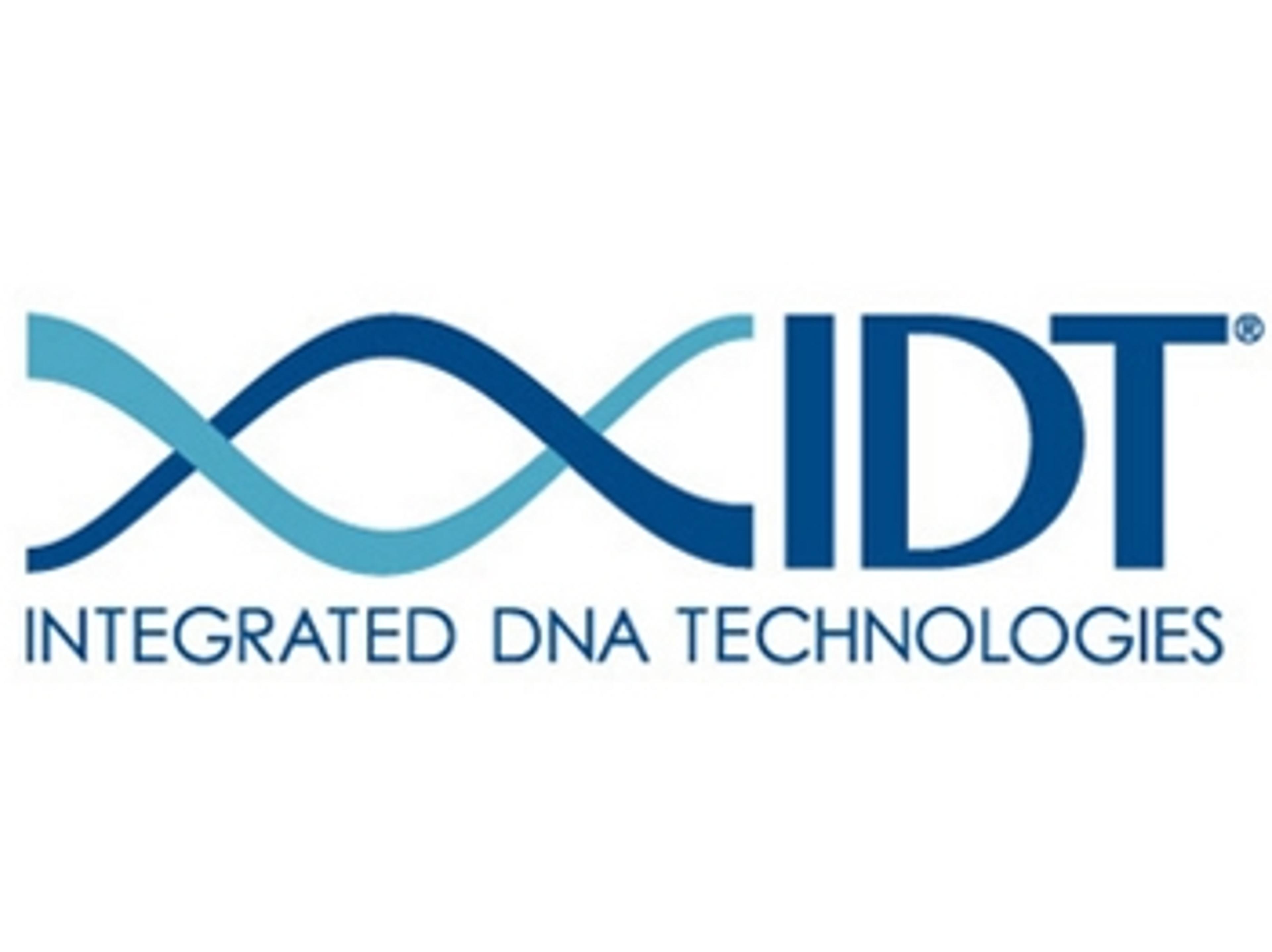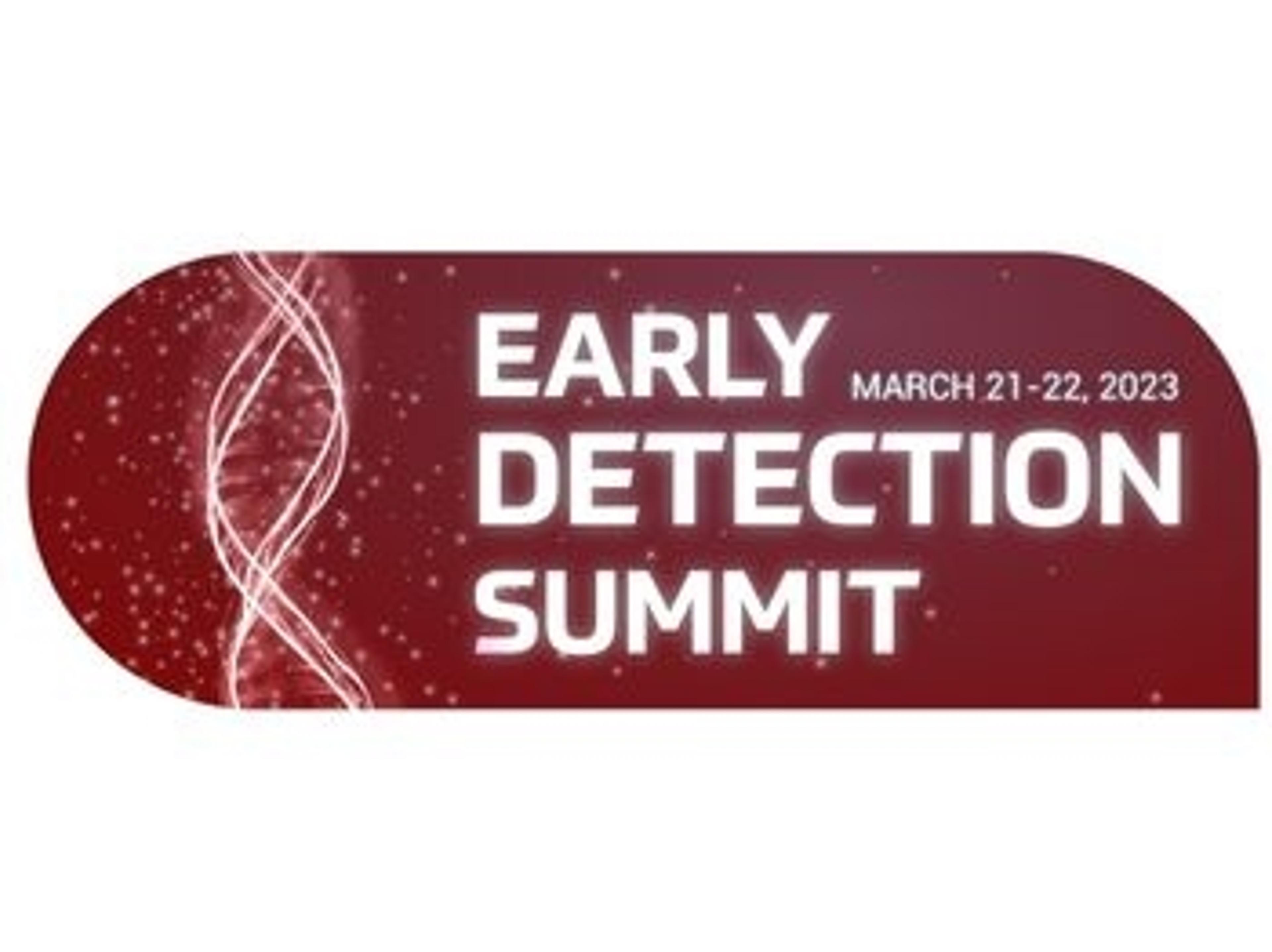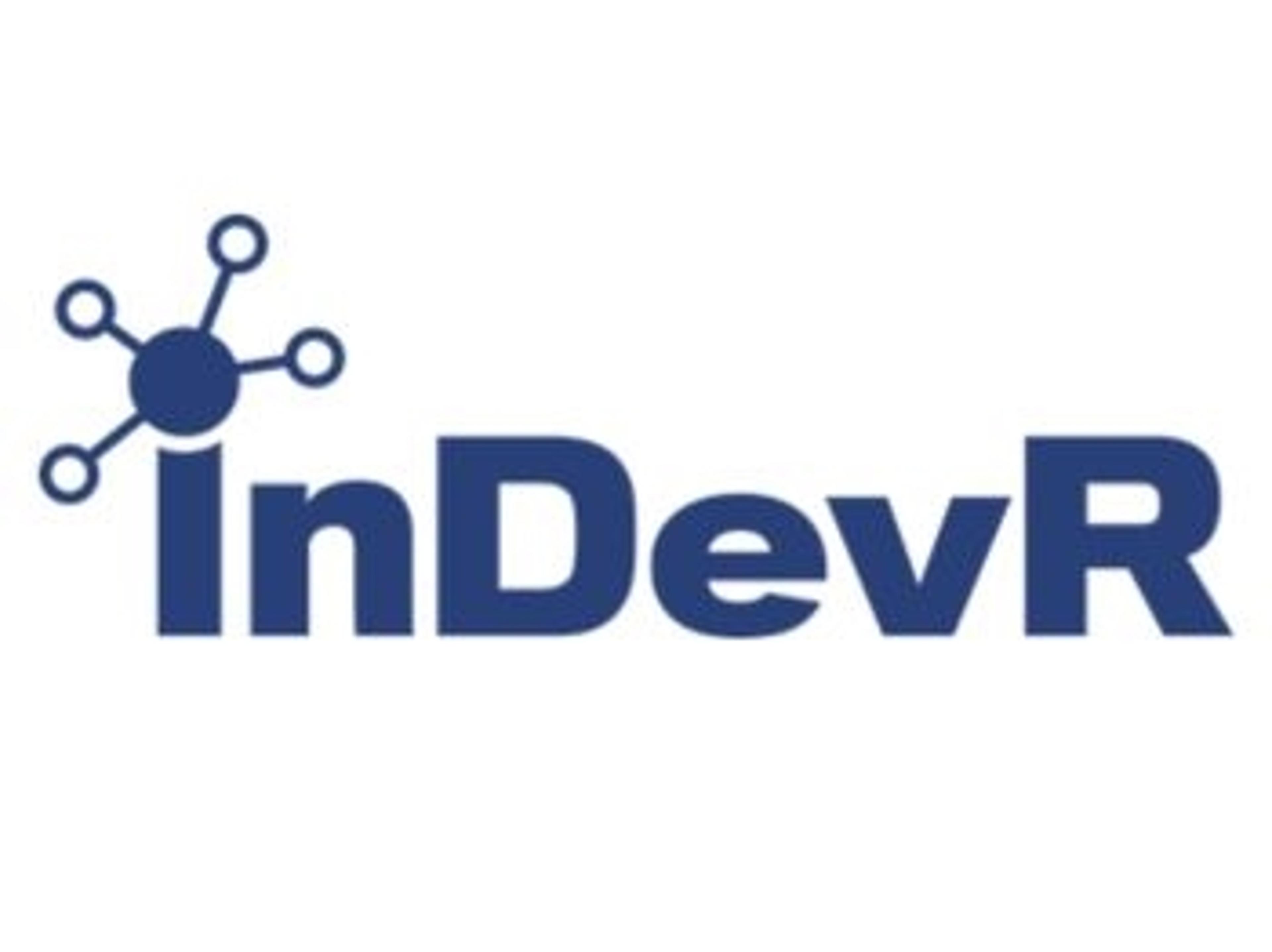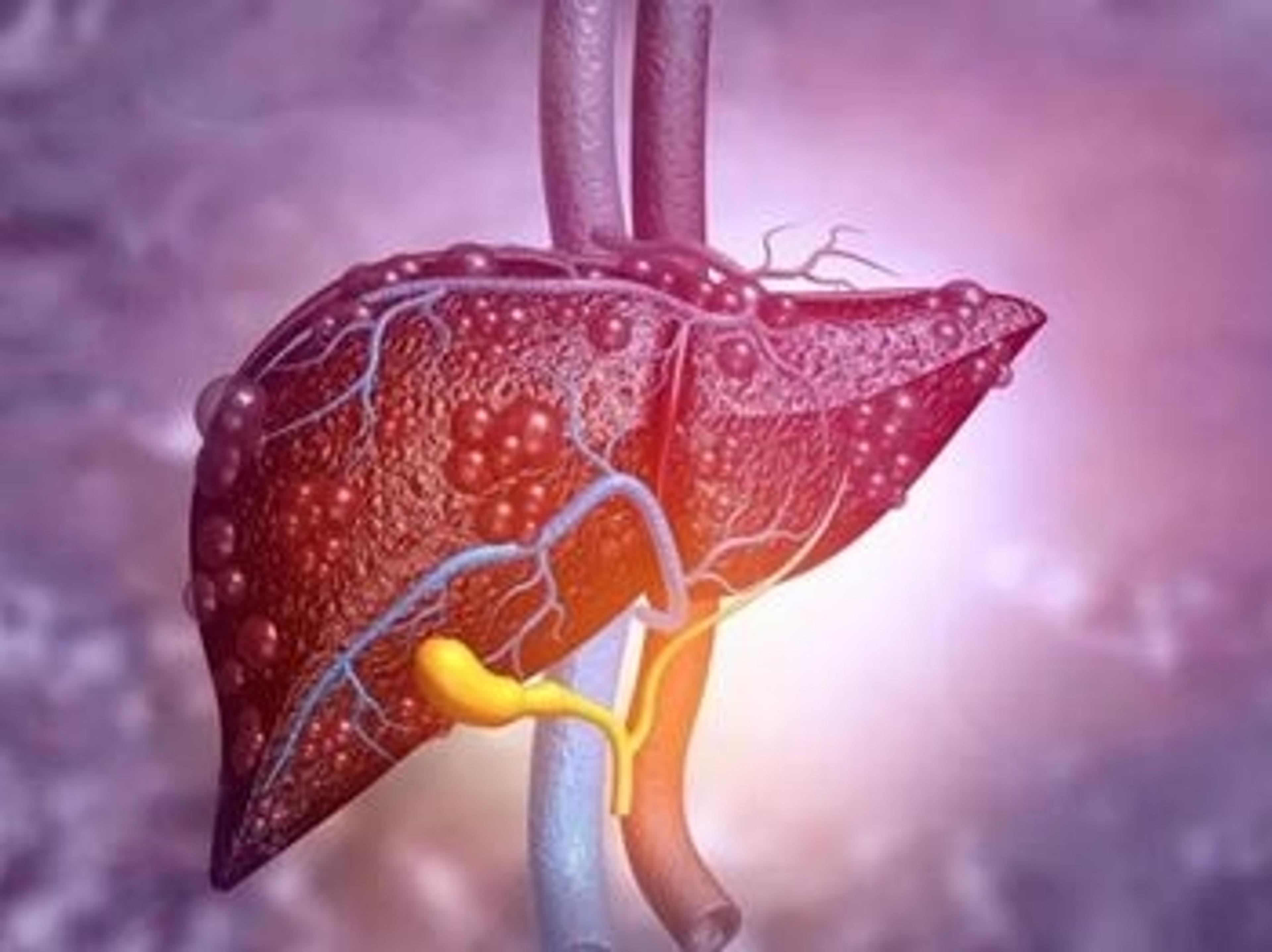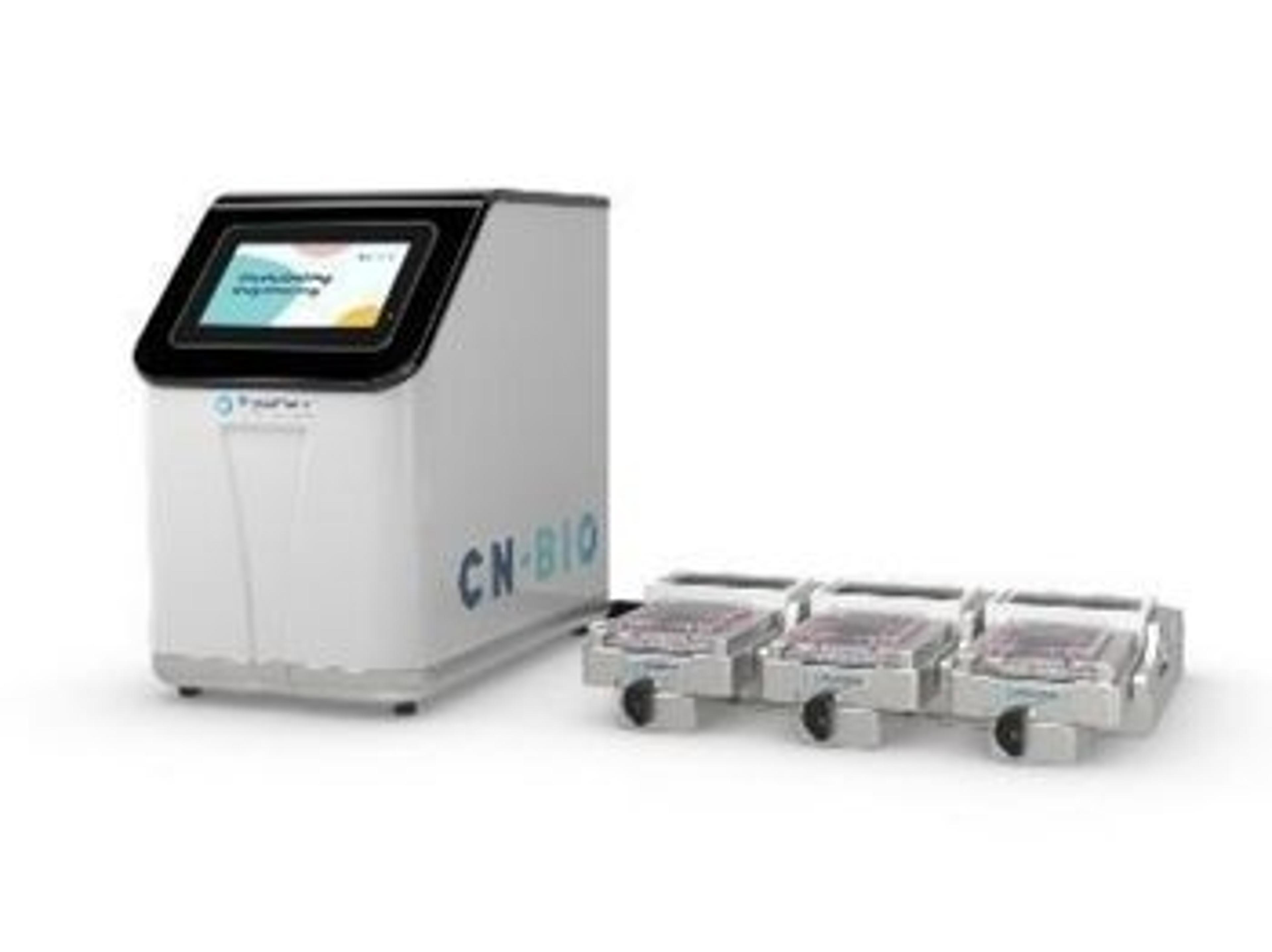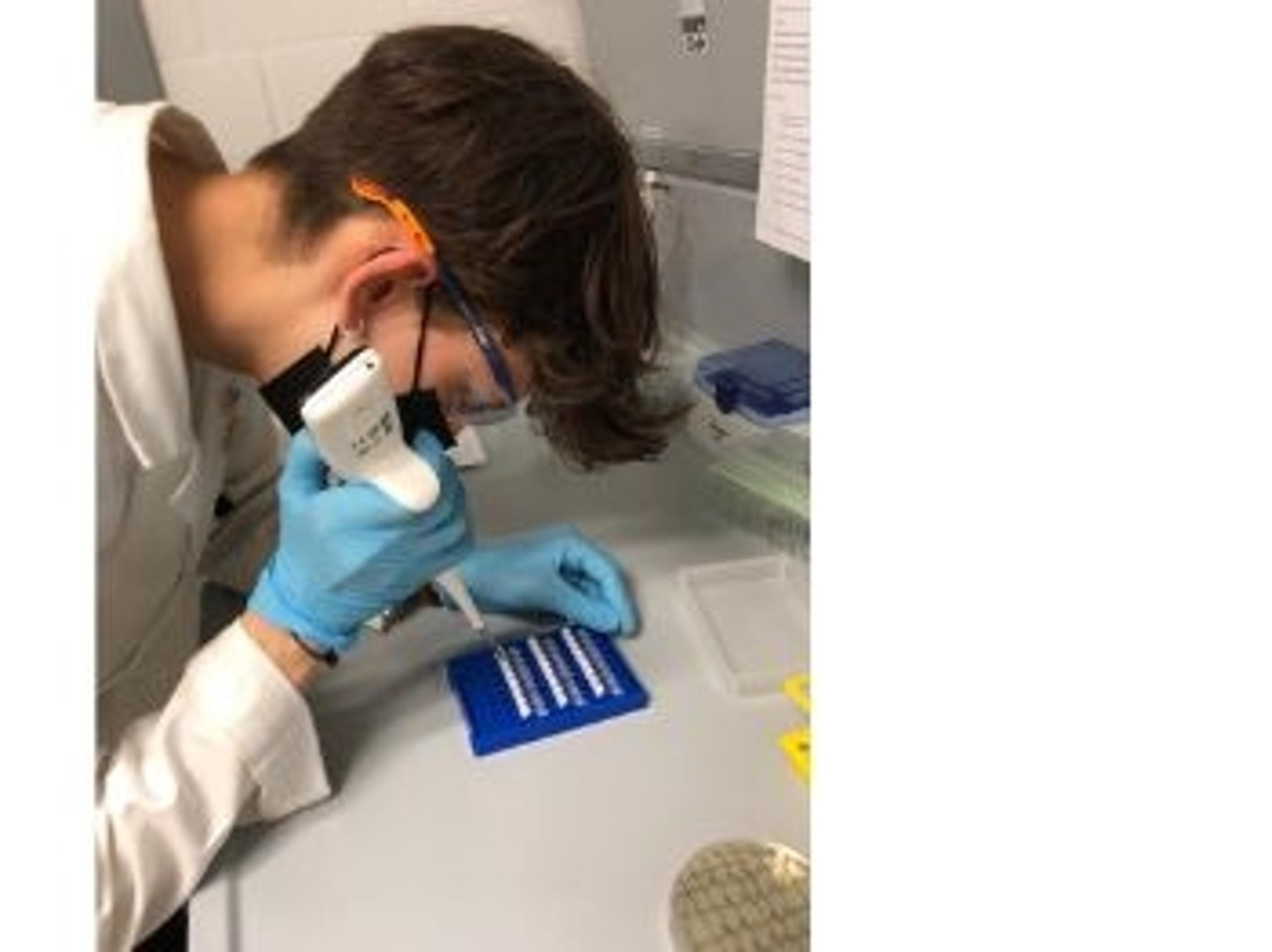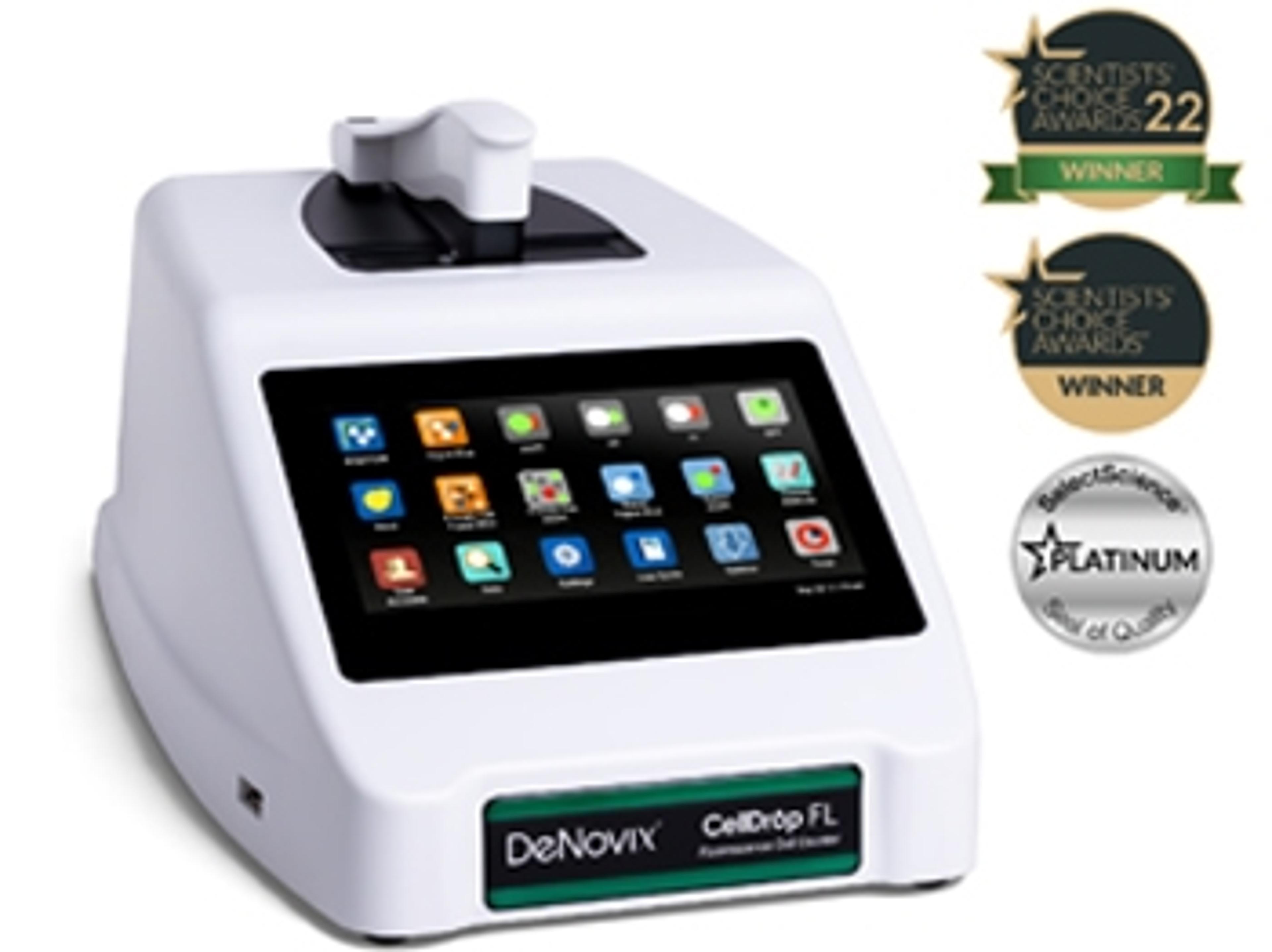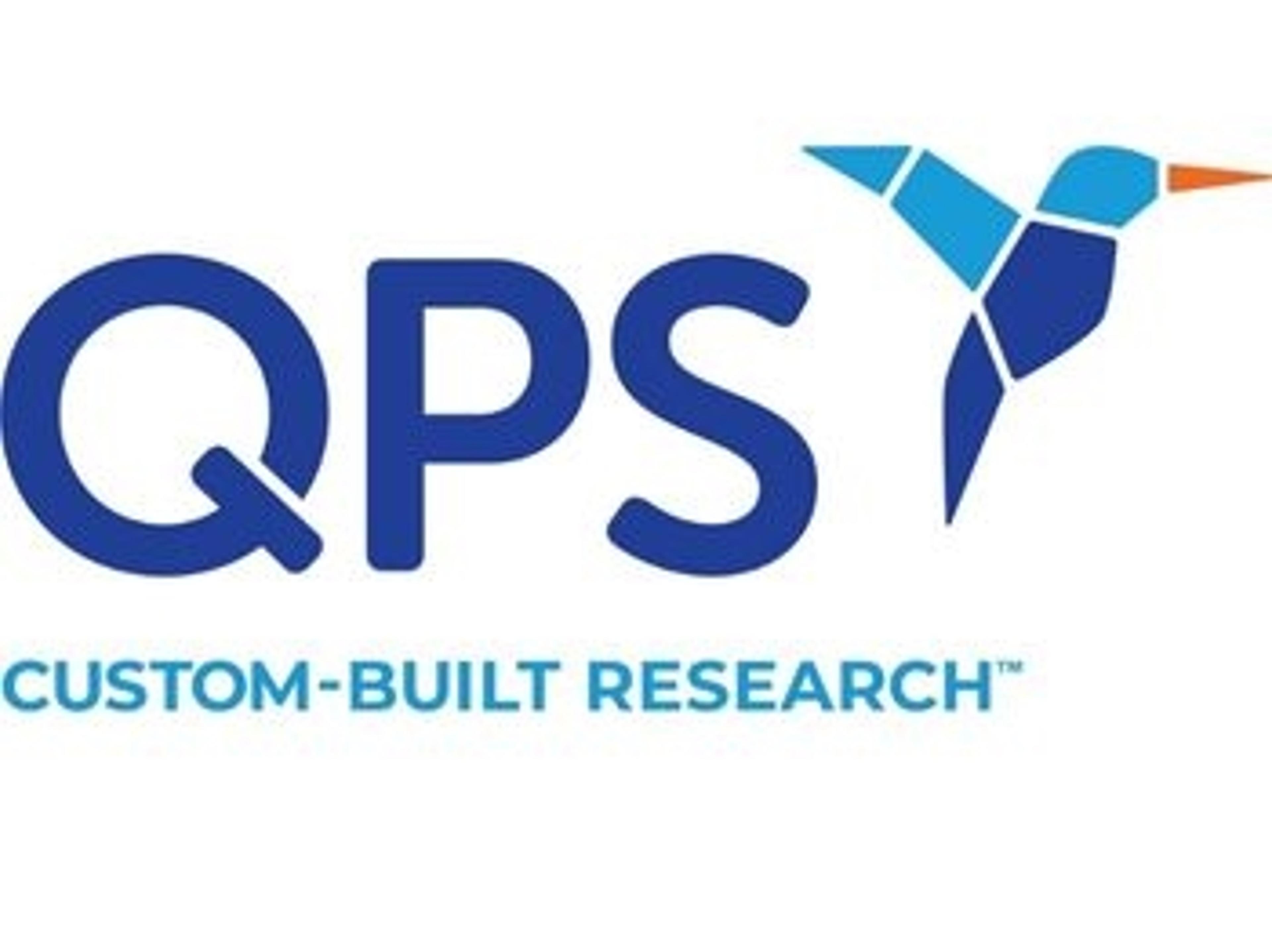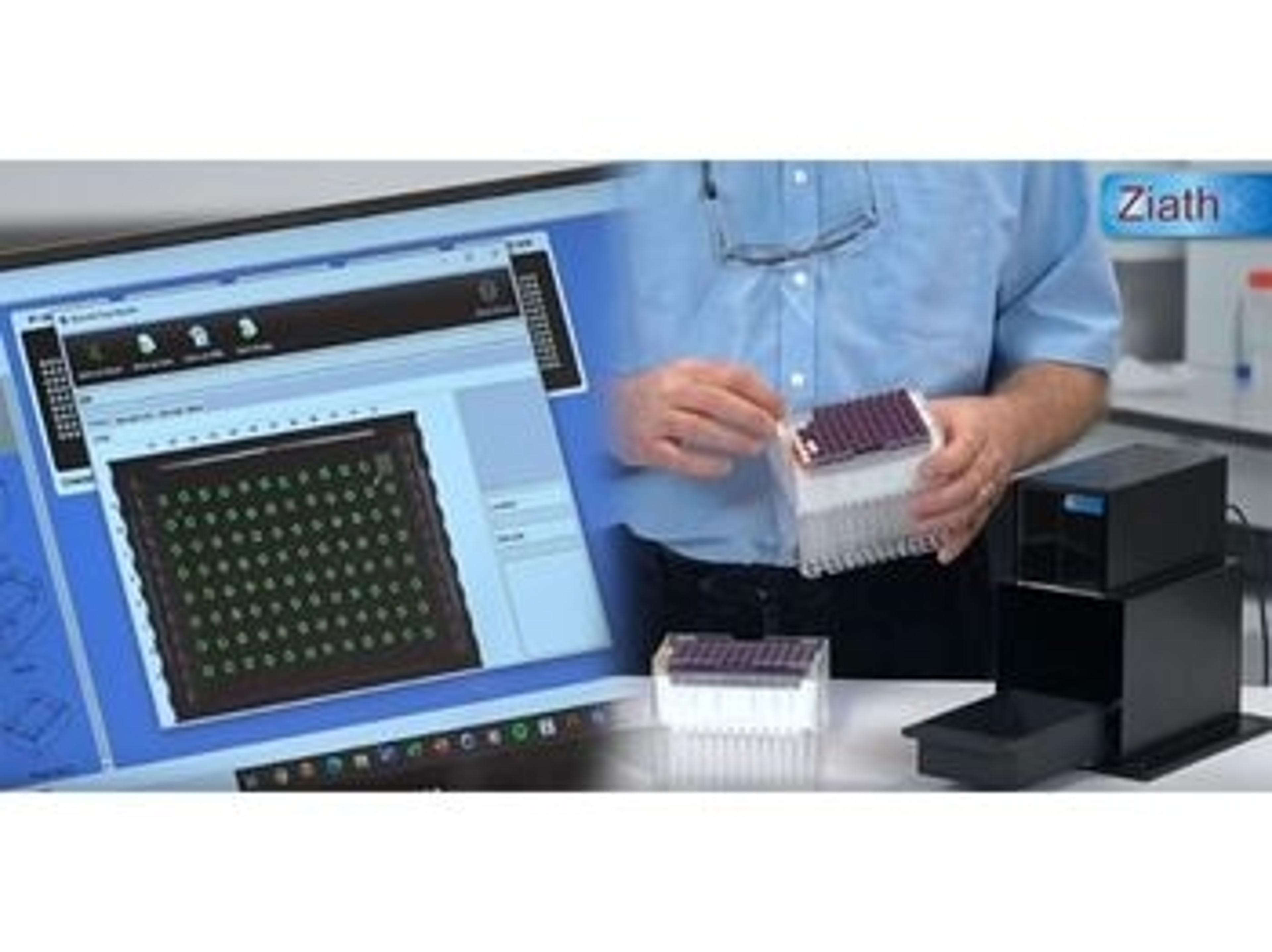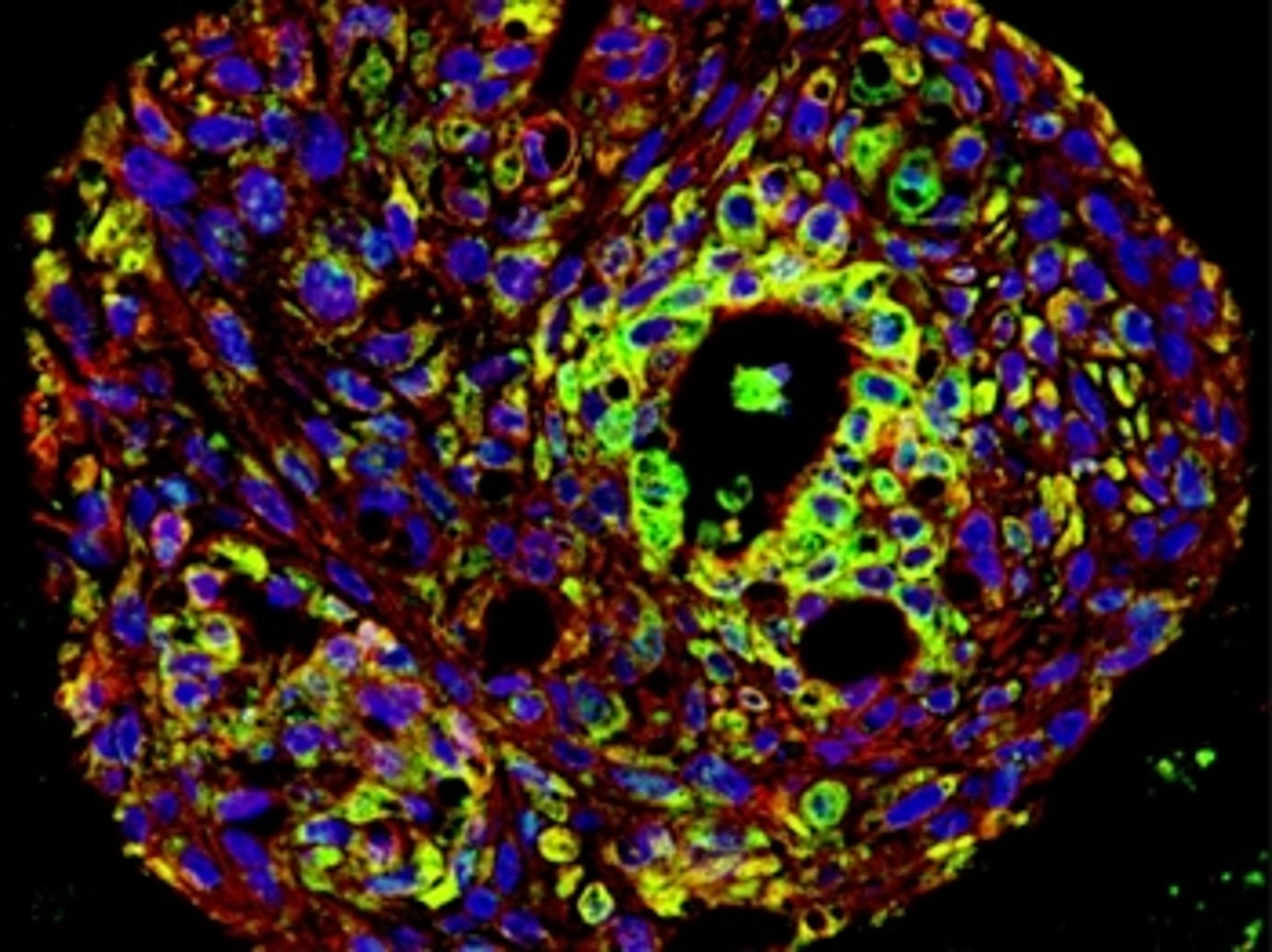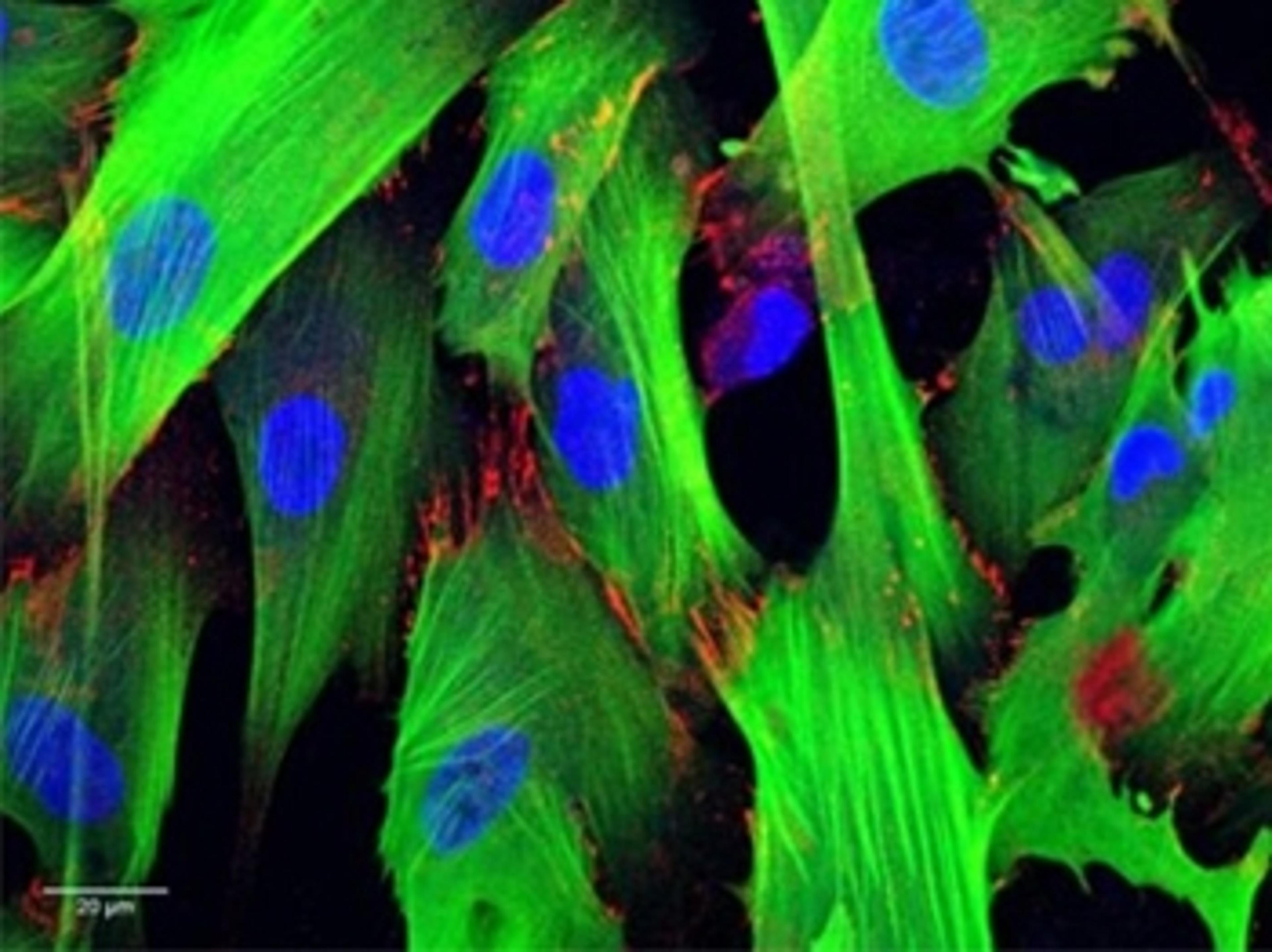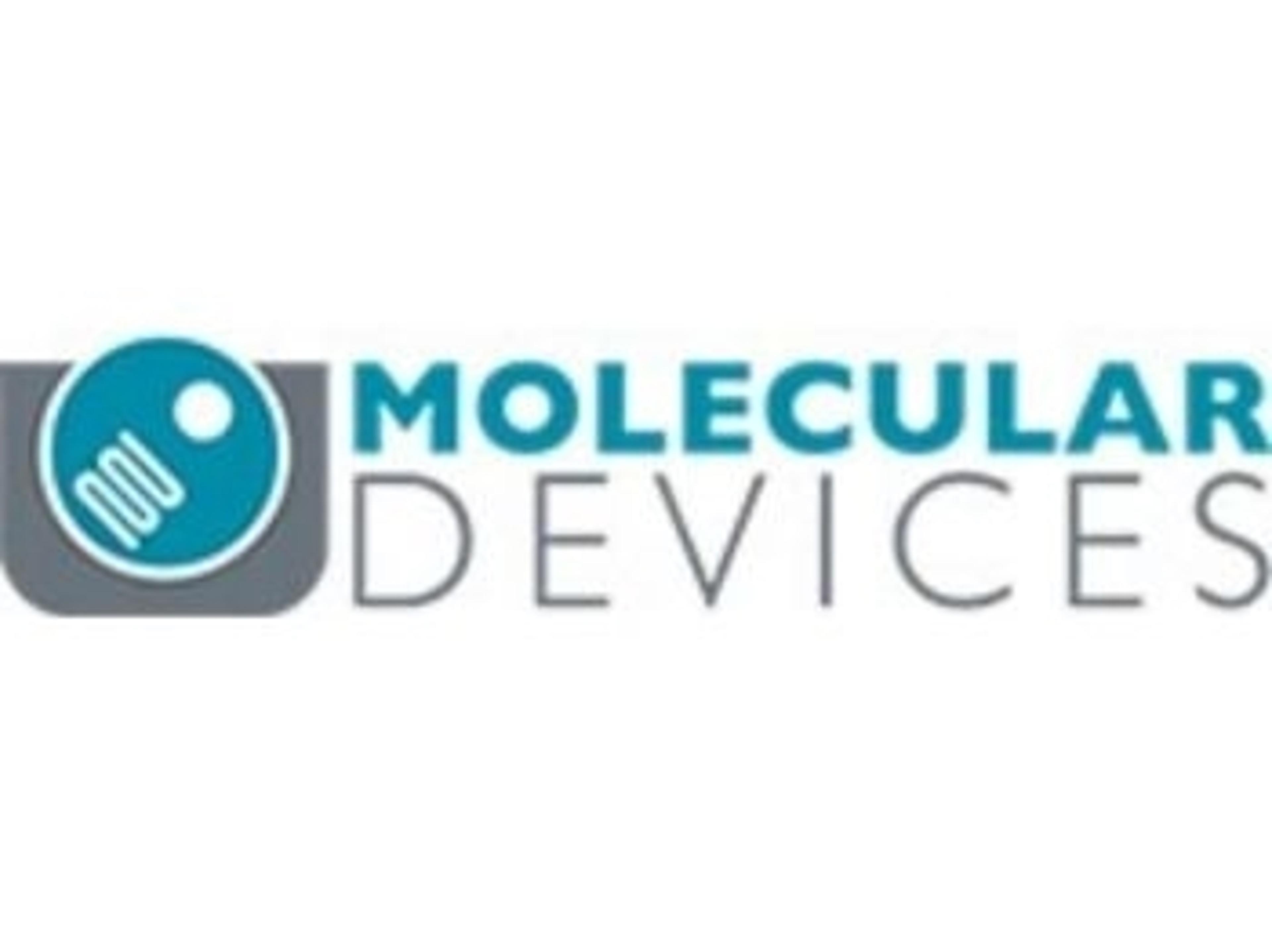News & Articles
Rigaku to supply two XtaLAB Synergy-ED electron diffractometers to UK’s leading crystallography facility
The new electron diffractometers will enable analysis of structures impossible to measure with X-ray techniques
Cytek Biosciences partners with Bio-Rad to expand reagent portfolios
New agreement enhances high-parameter panels on Cytek cell analysis systems
Dolomite Bio rebrands as Do Bio
The launch of Do Bio celebrates the growth of the company's expertise in microfluidics and biology
Thermo Fisher Scientific announces collaboration with Celltrio
New partnership will unlock fully automated cell line production
The 4th annual Protein Degradation & Targeting Undruggables Congress USA returns in March 2023
Gain insights from industry leaders specializing in the therapeutic use of targeted protein degradation
Integrated DNA Technologies expands access, expedites turnaround time, for minimal residual disease (MRD) solutions for cancer research
IDT’s xGen™ NGS solutions now fully support tumor-informed MRD research workflows from library preparation to hybridization capture
Early Detection Summit heads to London in March 2023
Gain insights from leading pharma and, biotech companies and academic researchers facilitating the new age of early detection tools
InDevR partners with bioMérieux
New partnerships will drive the commercial expansion of InDevR’s solutions for vaccines and biotherapeutics
Beckman Coulter Life Sciences completes first phase of Colorado R&D hub with grand opening of $10 million offices
The new state-of-the-art complex further strengthens its commitment to the greater Loveland, Colorado community
How Analytik Jena's technologies safeguard the circular economy of valuable metals
Dwindling resources and increasing demand for valuable metals illustrates the importance of the technologies used to assist in ensuring a sustainable circular economy
Research shows fatty liver disease endangers brain health
People with liver disease caused by eating too much sugar and fat could be at increased risk of developing serious neurological conditions like depression or dementia
The FDA further expands collaboration with CN Bio to evaluate the PhysioMimix multi-organ microphysiological system
Expansion of five-year collaboration broadens established organ-on-a-chip research demonstrating advanced performance of the PhysioMimix MPS
University adopts INTEGRA pipettes for prestigious international competition
Students of Technische Universität Braunschweig, Germany, used INTEGRA Biosciences’ VIAFLO electronic pipettes and EVOLVE manual pipettes to perform sample transfers and dilutions as part of their project for the 2022 iGEM competition.
Bioanalytical fit-for-purpose solutions for preclinical and clinical development –Mercodia webinar
Watch this on demand webinar to help produce cost- and time- effective bioanalytical strategies
Sustainable Laboratory Product of the Year - CellDrop Automated Cell Counter
The new award category recognizes the laboratory product or service that scientists view as having significantly helped reduce the environmental impact of their laboratory research
QPS further enhances its global medical, regulatory, and biotech CRO services capabilities
The enhanced capabilities aim to satisfy the need for agility, flexibility, and speed in the global drug development community
Pipsqueak Pro now integrated with eLabNext Digital Lab Platform
Biotech start-up announces platform integration with eLabNext to accelerate image analysis capabilities, improve detection, and eliminate human error through automated machine learning
Creating a zoological specimen biobank
The 7th annual World Oncology Cell Therapy Congress returns in April 2023
Join world leaders as they discuss the latest advances in the field of cell therapy
Organoid cryopreservation handbook
AMSBIO has published an informative handbook for scientists who need to preserve or archive organoids in a research lab
Fast creation of custom cell lines
Develop an optimized, custom cell line to stably express your gene of interest with AMSBIO
Cell-permeable small molecules for regenerative medicine and cancer research
AMSBIO offers a wide range of small molecules to provide scientists with targeted tools to direct cell fates, making them crucial in areas including regenerative medicine and cancer research
Molecular Devices adds proprietary patient-derived organoid technology with acquisition of Cellesce
Combined expertise will accelerate industry adoption of physiologically-relevant cell models for drug discovery


